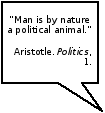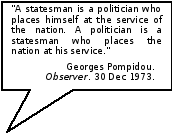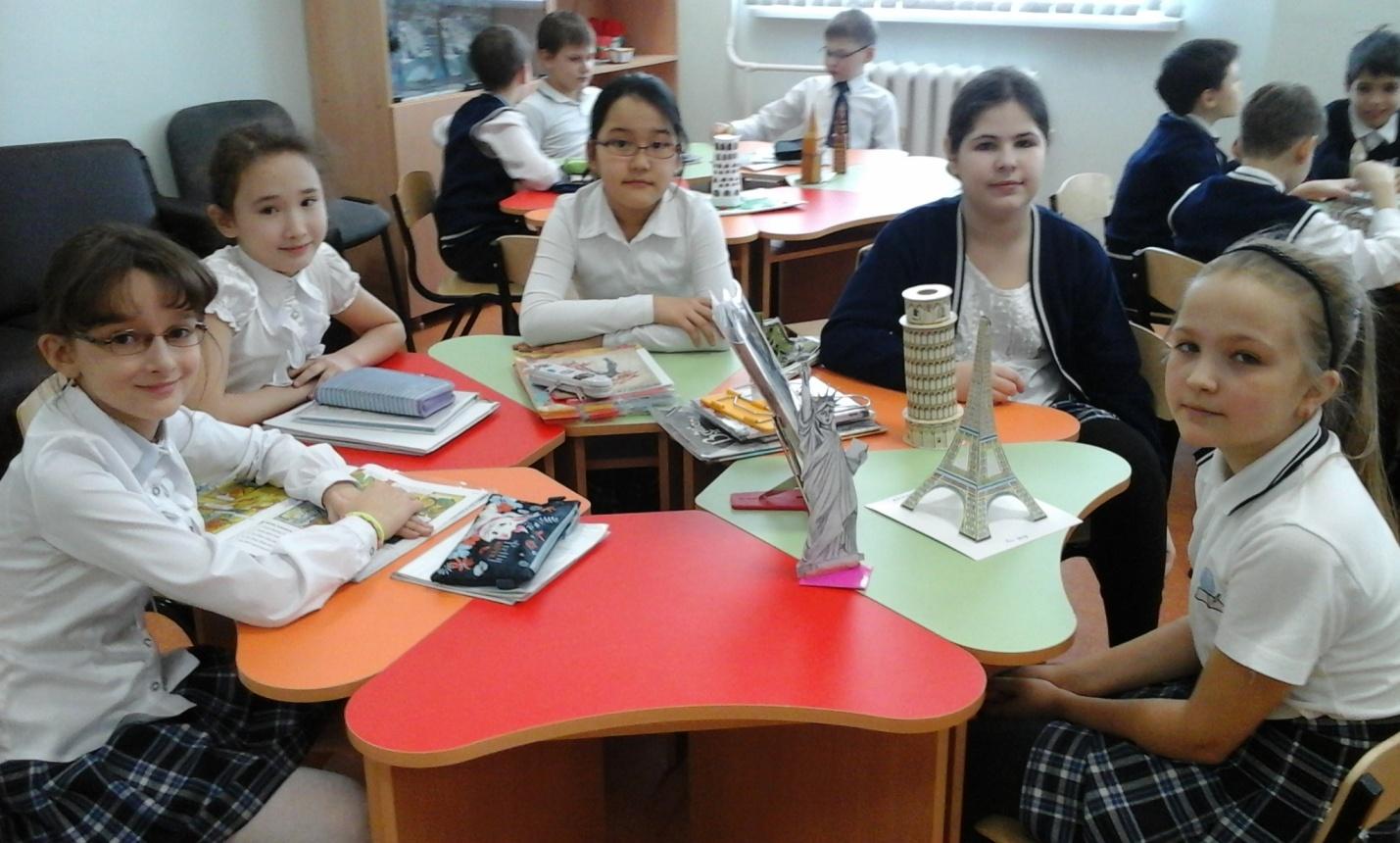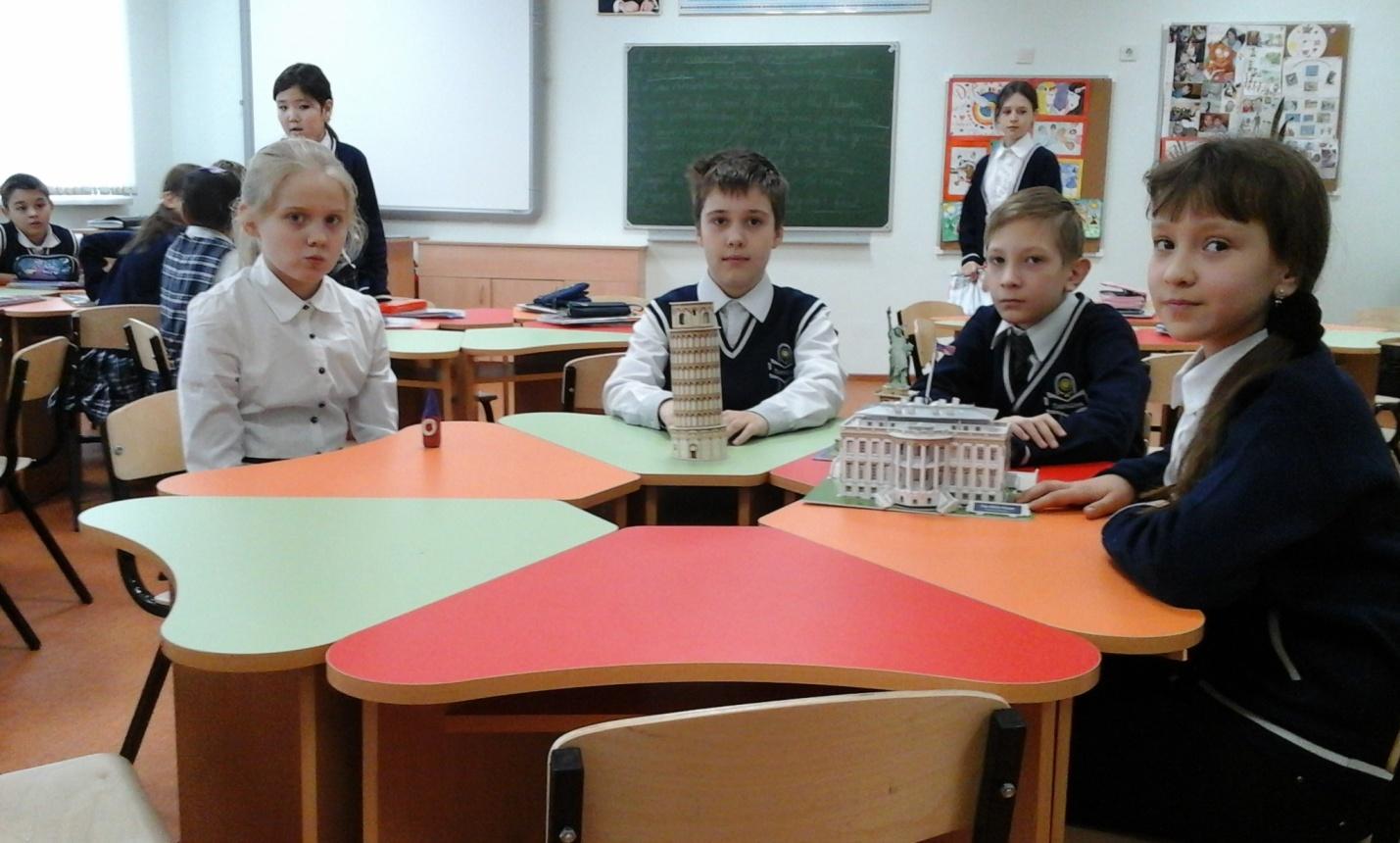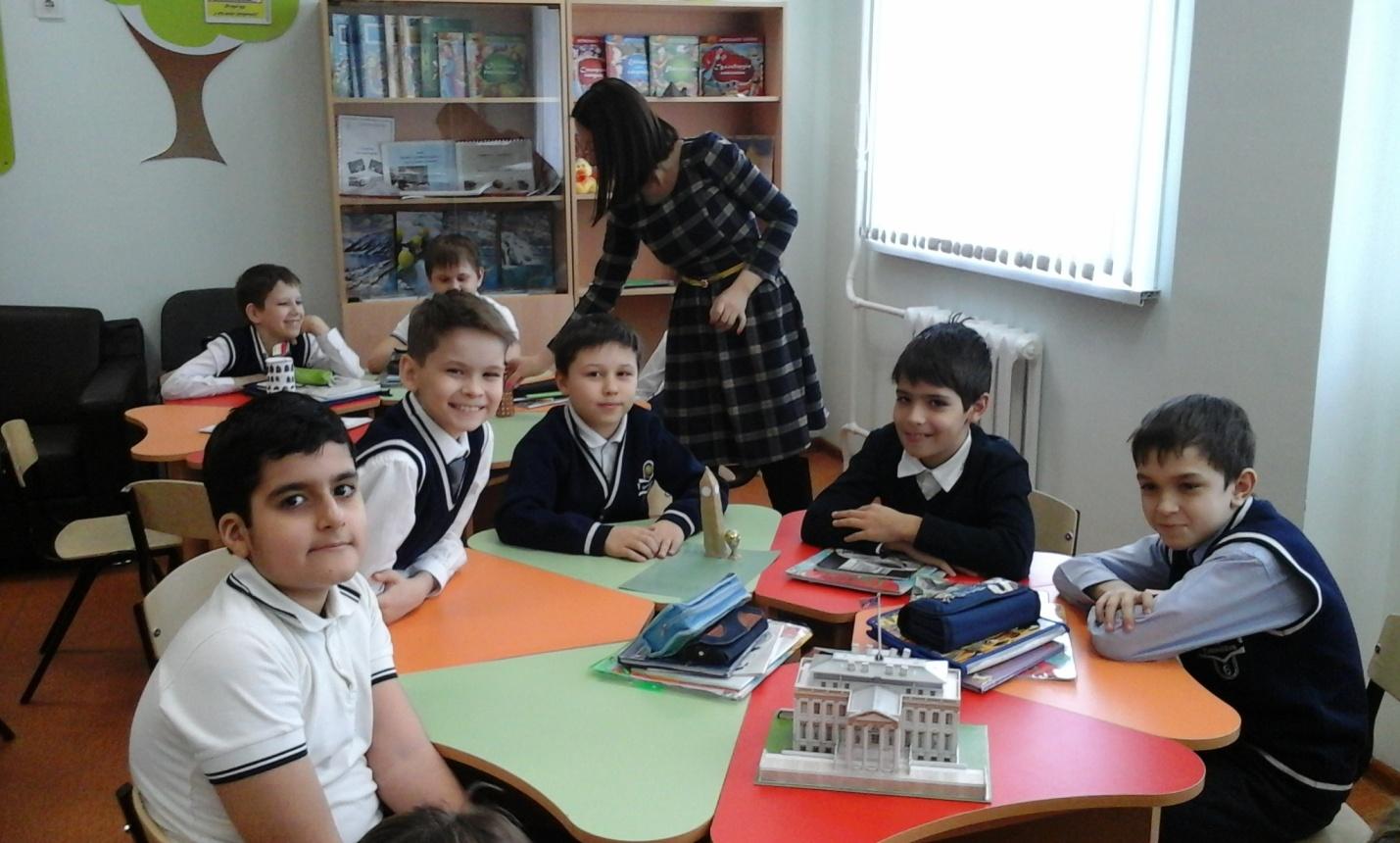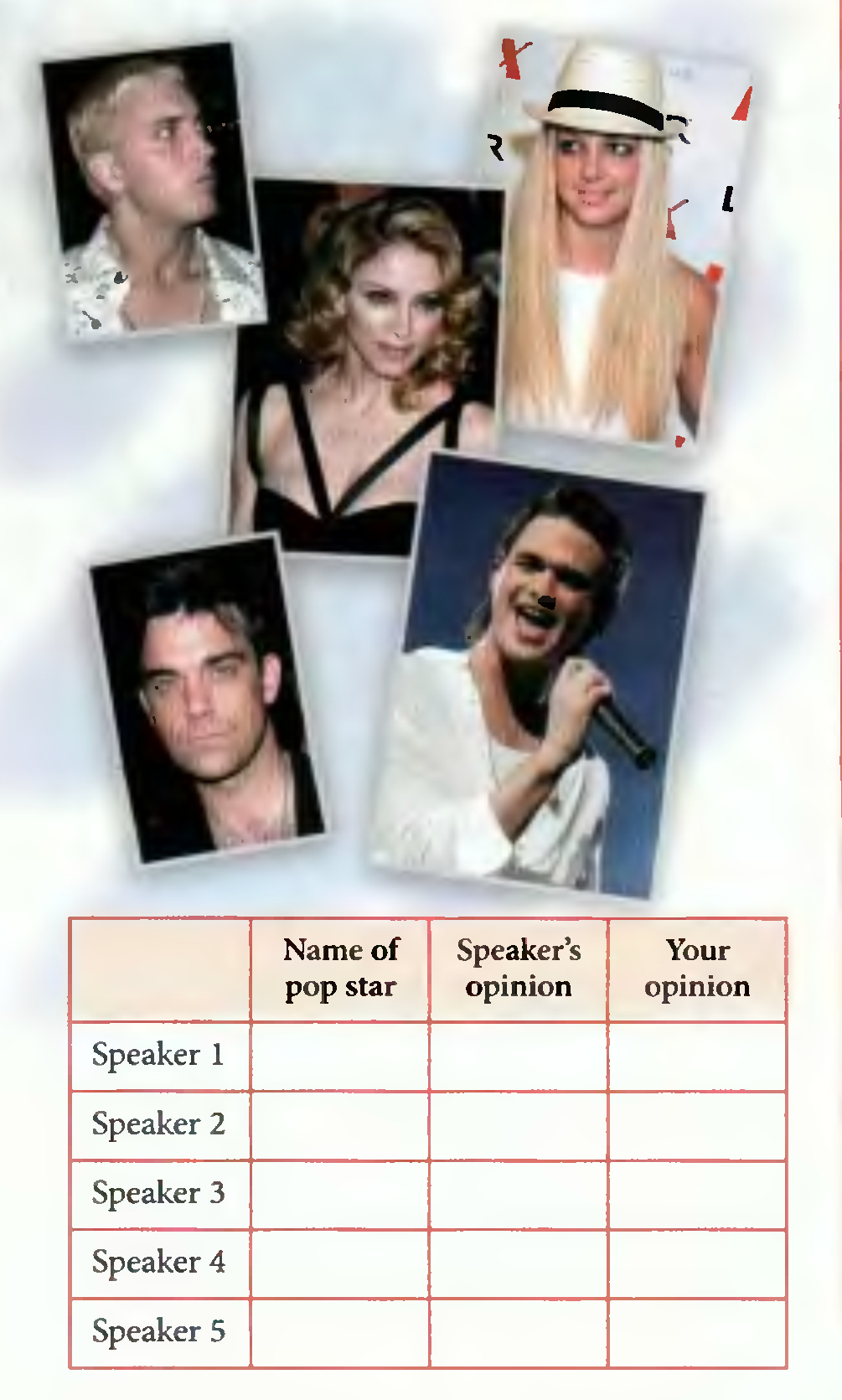Libertarian
Totalitarian
Socialist
Republican
Capitalist
Democrat
Anarchist
PRE-READING
TASKS AND DISCUSSION
|
|
1. 1. What associations do you have with the word “politics”? 2. What nouns go with the adjective “political”? 3. What is politics and why do we need it? 4. Can we live without politics? 5. Who are |
2.
Arrange the following words into as many word collocations
as
you can. Make up your own sentences with the collocations.
politics
addiction
to
be
engaged in
national
party
adopt
set
follow / pursue / adhere to
form / shape
implement / carry out
talk
policy
home
foreign
military
monetary
sound
flexible
cautious
firm
/ tough
pro-Western
aggressive
long-term
short-term
3.
Bear in mind, that the word ‘policy‘
has another meaning, not connected with the sphere of politics.
Translate the following sentences using the dictionary if necessary.
|
Honesty is the 1. I’d like to receive a life insurance policy. 2. It’s vital to pursue a policy of peace in |
3.
What can you say about the recruitment policy of the company?
4.
If you leave the country, your medical care policy will be cancelled.
4.
Translate the sentences paying attention to the difference in meaning
of the adjectives ‘political‘
and ‘politic‘.
1. I
think, it will be politic to make a compromise and agree with them on
some of the issues.
2.
My favourite subjects are Political Economy and Political geography.
3.
The leaders of the main political parties took part in the
yesterday’s TV debate.
4.
Were you present at the lecture on Political Science?
5. I
believe, the policy of this political party is very politic.
READING
Vocabulary
Input
1.
Say what meanings the noun and the verb ‘exercise‘
have in the following sentences.
1.
Demonstrations and meetings are our legal exercise of rights and
freedoms.
2.
Leadership is not the exercise of force alone.
3.
The government must exercise control over its committees.
4.
We need this newspaper to exercise our right to free speech.
2.
Translate the sentences paying attention to the difference in meaning
of the nouns ‘economics‘
and ‘economy‘.
1.
He is an Economics major.
2.
Many of the fundamental concepts and principles of classical
economics were set forth by Adam Smith.
3.
Most of the countries on the region have unstable economies.
4.
China is a socialist country, and the government plays a predominant
role in the economy.
5.
The shift to market economy helped the country to survive.
Politics
is the art of the possible.
Otto von Bismarck
Reading
Assignment
Read
the text and be ready to discuss it.
WHAT IS POLITICS?
Politics is exciting because people disagree. They disagree about how
they should live. How should power and other resources be
distributed? Should society be based on cooperation or conflict? And
so on. They also disagree about how such matters should be resolved.
How should collective decisions be made? Who should have a say? How
much influence should each person have? And so on. For Aristotle,
this made politics the ‘master science’: that is, nothing less
than the activity through which human beings attempt to improve their
lives and create the Good Society. Politics is, above all, a social
activity. It is always a dialogue, and never a monologue.
Solitary individuals such as Robinson Crusoe may be able to develop a
simple economy, produce art, and so on, but they cannot engage in
politics.
Соседние файлы в предмете [НЕСОРТИРОВАННОЕ]
- #
- #
- #
- #
- #
- #
- #
- #
- #
- #
- #
Слайды и текст этой онлайн презентации
Слайд 2
REPORTER- someone whose job is to write about news events for a newspaper, or to tell people about them on the television or on the radio.
Courageous, ambitious, curious, smart, educated, polite, tactful, responsible, romantic, sensible, talented, tolerant, well-known, cynical, investigative, adventurous.
Lets discuss why reporters put themselves in dangerous situations?
Слайд 3
Lets discuss why reporters put themselves in dangerous situations?
They help people to learn more about each other.
TV viewers are fond of gissips.
They enjoy their job.
They earn a lot of money for their job.
They are the only source of information during the war.
Why do you think a lot of young people want to be reports?
They think this proffession is well-paid.
They want to change the world to the best.
This profession give them chance to travel a lot.
These people like to risk.
My school life
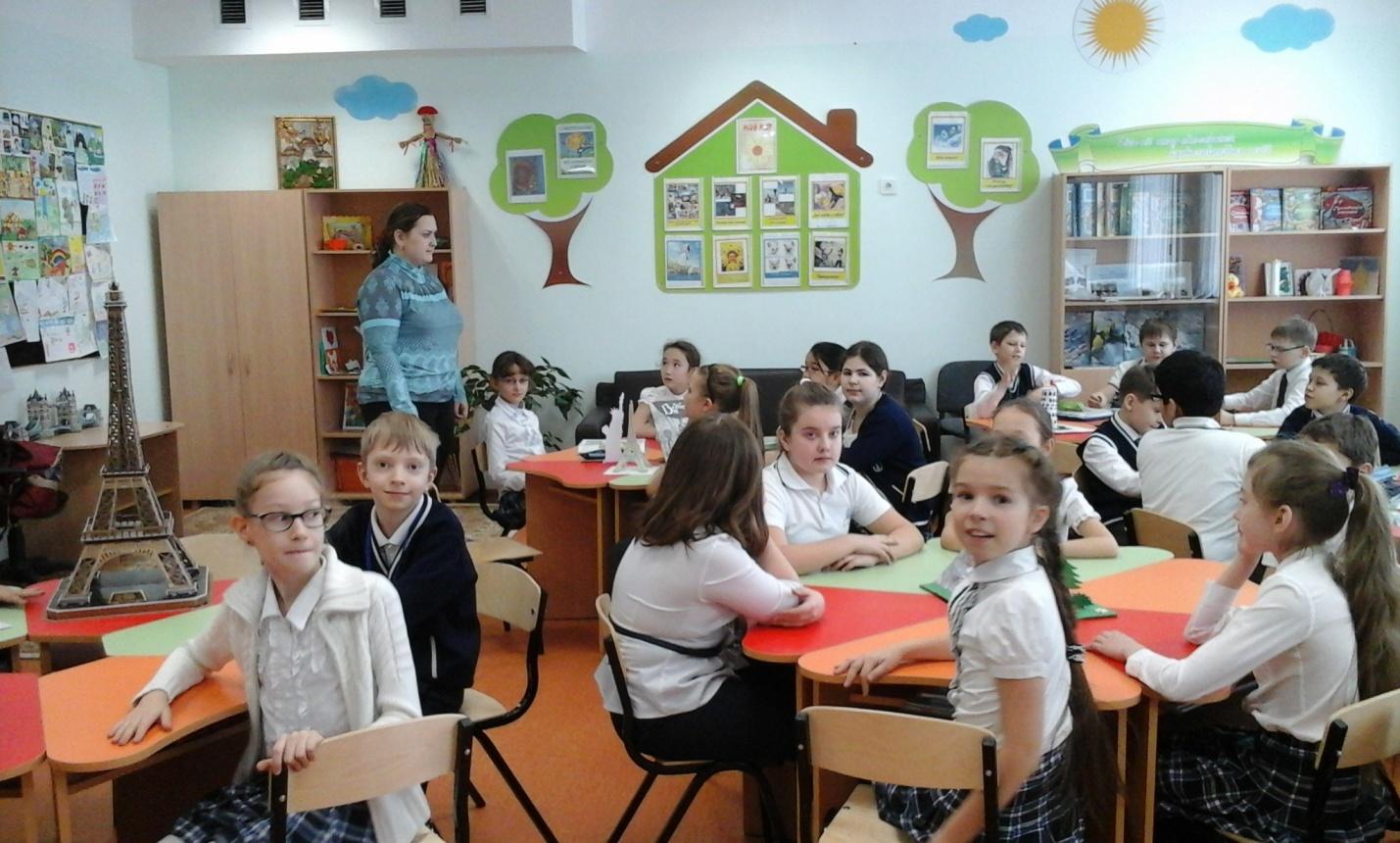
Образовательные задачи
— учить учащихся пользоваться изученным лексическим и грамматическим материалом
— обсуждать проблемы по теме в диалогической и монологической речи.
Воспитательные задачи:
— воспитание любви к школе , добрых отношений к учителям
— Обучение продуктивно работать и взаимодействовать в коллективе сверстников
Развивающие задачи
— развивать навыки письма, чтения и говорения
— научить учащихся самостоятельно решать проблемы на основе изученного материала
Формы:
— коллективная
— парная
Дополнительный материал:
1 Детские рисунки на тему “ My School” , “ My classroom”.
2 Слова” Magic Words”
3 Кроссворд
Время проведения:
45 минут
Ход мероприятия
1 Оформление доски детскими рисунками
2 Организационный момент:
Teacher: — Good afternoon, my dear friends! I’m very glad to see you all here. Take your seats and let’s start our lesson. Today we are going to play a game “My school life”. We will train the words, write, make up dialogues and work in groups.
3 Основная часть:
Teacher: Do you remember what the name of our topic is? – It is school.
What associations do you have with the word school?
Look at the blackboard.( good teachers, learning new things, many friends, favourite subjects, our second home)
Before speaking about all these things, let’s remember the words we need
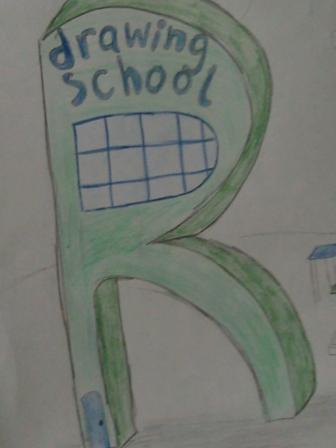
———School
— Teacher
— Timetable
— -uniform
— Subject
— Draw
— Clean
— Read
— Write
— Count
— Discuss
— Translate
Teacher: Good for you. Look at the floor. There are some footsteps on it. You should take this road and translate my sentences from English into Russian Choose two pupils.
1 would you be angry with a student for something he didn’t do?
Of course not. That’s good because I didn’t do my homework.
3Miss Chatter, my dad does not know what a horse is.
Why do you think so?
Because I drew a horse yesterday and showed it to my dad and he asked me what it was.
4 Teacher: Bob, why don’t you wash your face? I can see what you had for breakfast this morning.
Bob: What was it?
Teacher: Eggs , I think
Bob: No. That was yesterday.
5 Becky: Simon, your father is a teacher but you cannot read or write.
Simon: So, your father is a dentist but your little brother Bill still has no teeth.
Thank you very much. These sweets are for you. You have done really well.
B: And now I will read you the definition and your task is to guess which word I mean.
-
A subject where you run, jump , play games( PE)
-
Begin( start)
-
A subject where you count , do sums( Maths)
-
A plan of subjects( timetable)
-
A subject where you learn how to use a computer( IT)
-
A subject where you translate, listen to a cassette recorder, recite poems( English)
-
You can put your pencils, pens and rubbers in it( pencil box)
-
You can rub words and lines using it( rubber)
-
You can paint colourful pictures using them( Paints)
-
You can translate new words using it( dictionary)
-
You can write your homework using it( pen)
Thank you very much. You made me sure that you know the words quite well. But can you write them?
Let’s write a line word ( you should assume as a basis the word Timetable)
timetable
Teacher: Very nice. Thank you.
You know, some associations are connected with favourite subjects, learning new things. Let’s speak about them. Answer my questions, please.
1 Do you like going to school?
2 What subjects do you study?
3 What are your favourite ones?
4 What do you do in your English lessons?( In the lesson we usually speak English, play puzzles, learn new words, recite poems, translate texts from English into Russian, listen to a cassette, watch a video)
-
Well, and now music. ( in this lesson our teacher tells us about famous composers, their lives, works, musical instruments, we listen to classical music and, of course , we sing songs)
-
What do you do in PE classes? Your body is an important machine. You need to look after it. Your body needs exercise. Let’s check how sporty you are. Listen to my commands and carry them out. I want you to stand at the front.
-
1 stand with both feet on the floor
-
2 bend your knees
-
3 stand on your toes
-
4 lift your right arm
-
5 put your right hand on your shoulder
-
6 bend your back
-
7 step back with your left foot
-
8 put your right hand down
-
9 Close your eyes
-
10 Open your eyes and sit down
-
Thank you. Let’s continue our lesson.
5 how many lessons a day do you have?
6 what do you usually do during the break? ( speak loudly in the classroom, draw on the desks, run and jump between the desks or in the corridors)
Teacher: Now imagine that one of you is a student from Great Britain, another one is a student from Russia. Let’s make up the dialogues speaking about your school.
e.g
P1- Hello, Dasha!
P2- Hi, Mary!
P1- How are you?
P2- I am Ok, thank you. Do you go to school?
P1- Yes, I do. I go to school “Commonwealth” and I like it very much. What about you?
P2- I go to school, too, and I really like it.
P1- What are your favourite subjects?
P1- As for me, I like English and Russian. And you?
P2- I like many subjects such as Maths, Biology, Literature, English
P1 How many lessons a day do you have?
P2- We usually have five, sometimes six. What do you do in your English lessons?
P1- We read, write, listen to a cassette recorder, play, recite poems,
P2- Do you like your teachers?
P1 Yes, of course. They are kind, helpful, clever and understanding, but sometimes strict, I should say.
P2- I’d like to visit your school and see everything with my own eyes. Bye .
P1 Bye.
Teacher: Well done. Another association is connected with teachers and pupils.. Look at the table. You should tell us what you must or mustn’t do at school
You may begin like that
As we are students we must / we mustn’t
Must ( do what the teacher says, answer the teacher’s questions, be polite to our teachers and classmates, do our homework regularly, never be late for classes)
Mustn’t ( take a pet to the lesson, speak loudly in the classroom, sleep in the classroom, draw on the desks, write notes to friends, draw on the walls of the classroom, run and jump between the desks)
Teacher. Thank you very much. And now look at me. I will show you the card in which the letters are mixed up. Your task is to rearrange the letters and write down the word on the blackboard.
Bkookwro
Rbebru
Sseettca
Relur
Cpilen
Anipts
Ookxbett
yidinoyrcta
1 Fill in the gaps with the missing letters
Bo –rd,
rul-r,
penc-l,
sh—pener,
c-mputer.
Te-cher,
dicti-nary,
cl-ssroom, less-n,
r—bber
, te-tbook,
pa-nts.
2 match the words. Make up your own sentences.
Learn questions stand from….to
Speak songs translate down
Sing English count from….into
Answer by heart sit up
And the last thing for today . Your hometask was to draw a picture of your school and write a short text about it. Let’s check it.
Conclusion: At today’s lesson you have showed us that you learn many interesting subjects at school, so you come to school to get knowledge. And you have friends at school, you have fun together, some of you do sports after classes. The life in school is interesting and we say that our school is our second home.
На основании Вашего запроса эти примеры могут содержать грубую лексику.
На основании Вашего запроса эти примеры могут содержать разговорную лексику.
Перевод «Какие ассоциации вызывает у вас» на английский
Какие ассоциации вызывает у вас эта фраза?
Первый вопрос звучал так: «Какие ассоциации вызывает у вас слово неблагополучие?»
Какие ассоциации вызывает у вас словосочетание «здание университета»?
Ребята, а какие ассоциации вызывает у вас звон колокола?
Какие ассоциации вызывает у вас слово «планетарий»?
Какие ассоциации вызывает у вас один из самых долгожданных праздников — Новый год?
Какие ассоциации вызывает у вас этот цвет?
Какие ассоциации вызывает у вас слово «Финляндия»?
Какие ассоциации вызывает у вас слово «Супермодель»?
Какие ассоциации вызывает у вас наш город, какими бы эпитетами вы его назвали?
Какие ассоциации вызывает у вас слово «NUTS»?
Скажите, что вы знаете о Риме и какие ассоциации вызывает у вас этот город?
Tell us what you know about Rome and what do you have of this city?
Результатов: 12. Точных совпадений: 12. Затраченное время: 48 мс
Тема урока: Music.
Цели урока:
Образовательные:
-
формировать умение правильно отвечать на поставленные вопросы,
-
формировать умение правильно составлять текст,
-
развивать умение выражать свои мысли, воспринимать и усваивать информацию;
-
обогащать словарный запас учащихся;
-
совершенствовать лексические навыки говорения;
Развивающие
-
развитие критического мышления;
-
развитие внимания;
Формировать УУД:
— ЛичностныеУУД: самоорганизация, самостоятельность, самооценка, ценностное отношение к совместной познавательной деятельности.
— Регулятивные УУД: целеполагание, прогнозирование.
— Коммуникативные УУД: учебное сотрудничество; построение речевых высказываний; умение слушать и слышать.
— Познавательные УУД: расширение кругозора учащихся через лингвострановедческую информацию.
Планируемый результат:
Предметные:
Знать жанры музыки.
Уметь применять изученную лексику в английской речи.
Личностные: самоорганизация, ценностное отношение к совместной познавательной деятельности, самооценка.
Метапредметные:
Регулятивные: целеполагание, прогнозирование;
Коммуникативные: умение (работать в парах, помогать друг другу), умение высказать свои мысли на английском языке;
Познавательные: моделирование, умение структурировать и обобщать знания.
Основные понятия:
Названия жанров музыки
Оборудование:
-
ПК;
-
мультимедийный проектор;
-
мультимедийная презентация к уроку;
-
интерактивная доска;
-
аудиокурс к учебнику,
-
материал для проекта,
-
раздаточный материал;
Ход Урока
-
Организационный этап.
Hello boys and girls. I am glad to see you. We begin our lesson.
Tell me please, what date is it today? What day of the week is it today? What is the weather like today? (Слайд 1-2)
-
Постановка цели.
But first of all I want you to guess one word. Look at the blackboard. You can see a list of words. There is one missing letter in each word. Please write down each missing letter. (Слайд 3-4)
Senti_ental
spirit_al
sen_ational
enthusiast_c
fas_inating
(учащиеся по очереди вписывают пропущенные буквы и называют получившееся слово)
So, you see the word MUSIC, and our topic is “Music in my life”. Today we shall speak about different styles in music. On the blackboard you can see a charming quotation:
(учитель открывает заранее закрытое слово “Music”)
-
Речевая разминка.
Today we are going to start talking about music. What associations do you have with the word “music”? Let’s make a mind map. Go to the blackboard and write. (Слайд 5)

Music

-
Активизация лексики в речи «Интервью».
There are different kinds of music, but tastes differ, you know. I want to know what music styles you prefer? For this task I asked … to be our class correspondent. Please come here… and ask your classmates about their favourite music styles.
1. How much do you like music?
2. What is your favorite style?
3. How often do you listen to the music?
4. Where do you listen to the music?
5. Why do you listen to the music?
6. What are your favorite musicians?
7. Does music help you? How? и т.д.
-
Отработка лексического материала.
And know we make the next task. Match the words and definitions. (Слайд 6-7)
1. hit a) an instrument
2. the charts b) a record, tape or CD that has a collection of songs on it
3. album c) a long piece of music written for an orchestra
4. number one d) a song that is very popular
5. symphony e) popularity
6. violin f) a list of the most popular songs at the moment
7. fame g) a song that is at the top of the charts
(1.d, 2.f, 3.b, 4.g, 5.c, 6.a, 7.e)
Ученики получают карточки. Они должны соединить слова с их определениями. По окончании работы ученики цепочкой читают свои ответы. Учитель контролирует правильность выполнения задания.
-
Развитие навыков Диалогической речи
Next we’ll make up the dialogues. You should put the phrases in the correct order to make up a dialogue. (слайд 
— Great. How much is it?
— Thanks a lot. Goodbye.
— Excuse me, have you got the latest album of «Boombox»?
— Thanks.
— Oh, pity. Do you have the new album of «Tartak»?
— OK. I’ll have it.
— Yes, here you are.
— It’s 25 pounds
— One moment, I’ll check. I think we have it.
— Here is your change and your disc.
— No, I’m afraid we have sold it out.
После этого другие ученики получают задание составить и разыграть собственный диалог, пользуясь предыдущим задачей как образцу.
Imagine that you came to the music shop and want to buy a new CD. Make up the dialogue using the previous one as a prompt.
-
Развитие навыков аудирования
Listen to the teenagers talking about their music preference. And match the names of the pop singer with the speakers. (Слайд 9)
-
Развитие грамматических навыков
And we remember the INDIRECT SPEECH. Do you remember it? Now we listen to the song of Beccy Cole — Sorry I Asked and then we find such sentences in the text of this song & write them in INDIRECT SPEECH. (Слайд 10-11)
Text of the song
Coming home from work one day I stopped in at the store
Lady next to me in line guess about 84
She looked so sweet and innocent
I had to say «Hello and how are you?»
She said » Well dear when you get to my age things start to drooping at this stage.
I mean my eyesights not what it used to be so my knitting had to stop you see, and its hard to move with a plastic hip,”
Dr James removed this thing from my lip…
The fluid retention takes it’s toll…I mean I really do have bladder control
CHORUS I’m so sorry, I’m so sorry
sorry I asked how you were doing.
I was only trying to be polite
Sorry I asked I didn’t realise that you would be complaining half the night.
I was just making conversation but that was just too much information
Sorry I asked
Running late to catch a plane I stopped to get some food
There behind the counter was a girl I knew in school
I really had no time to spare, still
I said «hello and how are you?»
She said
«Well Charlene’s 5 now and Scott’s 13
He’s a mongrel child if you know what I mean
If his father would just take control
But the lazy bastard’s on the dole
But I love his mullet and his flannelette shirt
And he’s good to me cause he lets me work
He and Mum don’t see eye to eye, so we’re moving out to give his mum a try»
CHORUS: I’m sorry, I’m so sorry
Sorry I asked how you were doing I was really only trying to be polite
Sorry I asked I never realized that you would be complaining half the night
I was just making conversation that’s just too much information
Sorry I asked
My friend knew a guy from work, sent us on a blind date
Said that he was made for me, believed that it was fate
When we met he looked so fine
I had to say
«Hello and how are you?»
He said «Well my third wife’s taking me to court, she wants the house that my first wife bought
I lost $500 bucks on the TAB, what do you know about declaring bankruptcy
My oldest son is nearly up for parole, the ute runs great but the parts he stole,
And you’re not as ugly as I feared
This is the first date I’ve had since the rash has cleared
I’m sorry, I’m so sorry
Sorry I asked how you were doing I was really only trying to be polite
Sorry I asked I never realised that you would be complaining half the night
I was just making conversation that’s just too much information
Sorry I asked«Is this 8 items or less dear?»
«Charlene get back under the counter please not supposed to be at work»
«Are you going to cook me breakfast or what?»
-
Объяснение домашнего задания
At home you must make the ex. 99, p.37. You must read and translate the text. (Слайд 17) (Слайд 12)
-
Оценки
Выставление оценок
-
Рефлексия
What do we do at the lesson? We read, we write, we speak English, we play and sing. (Слайд 13-14)


